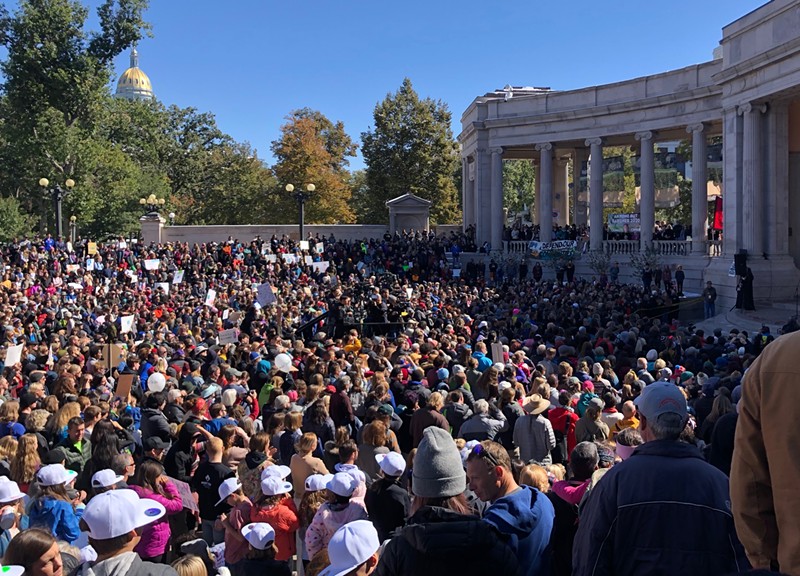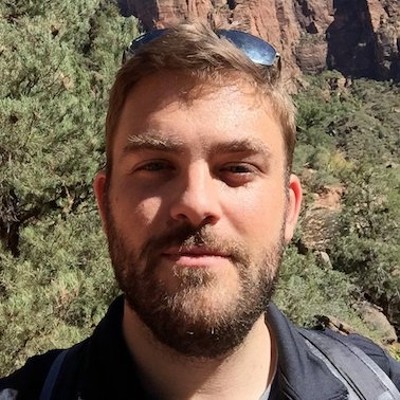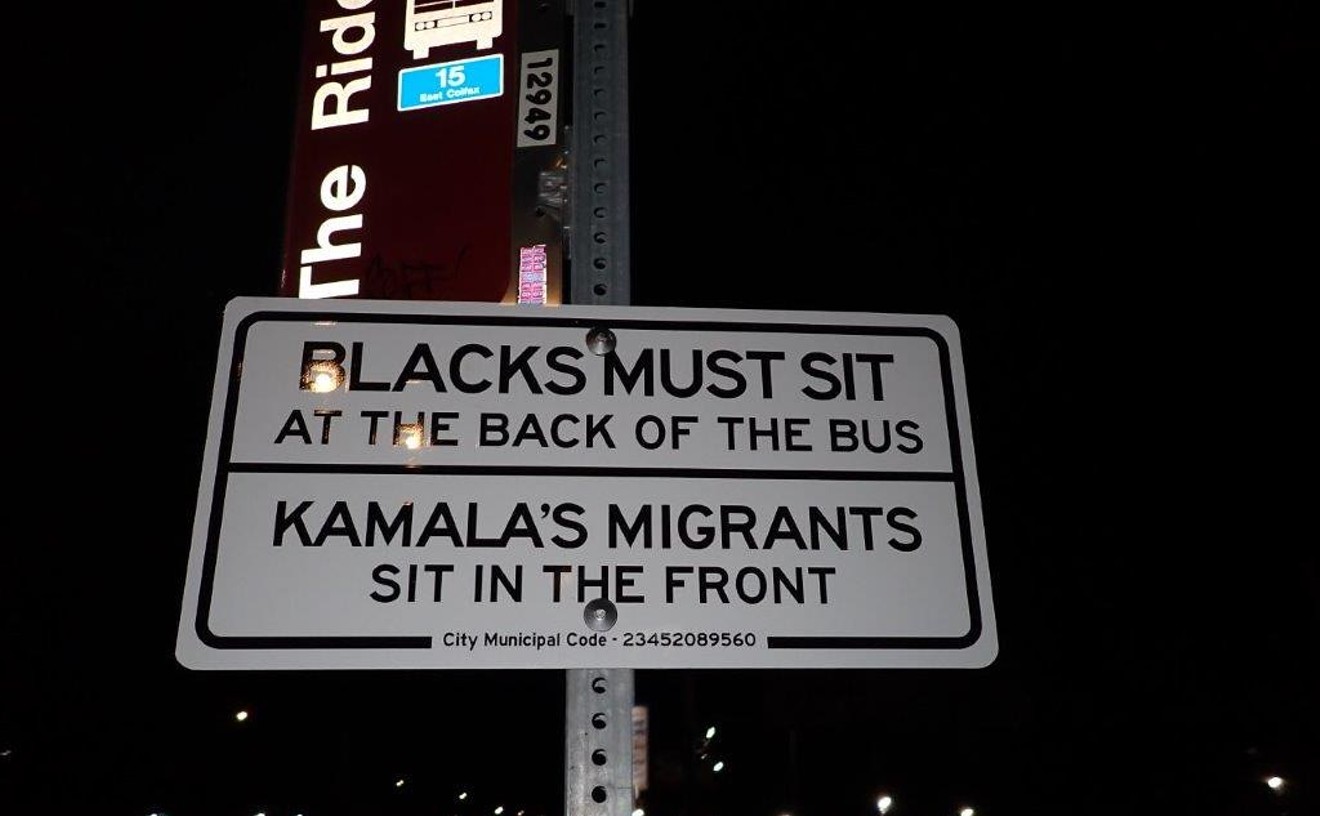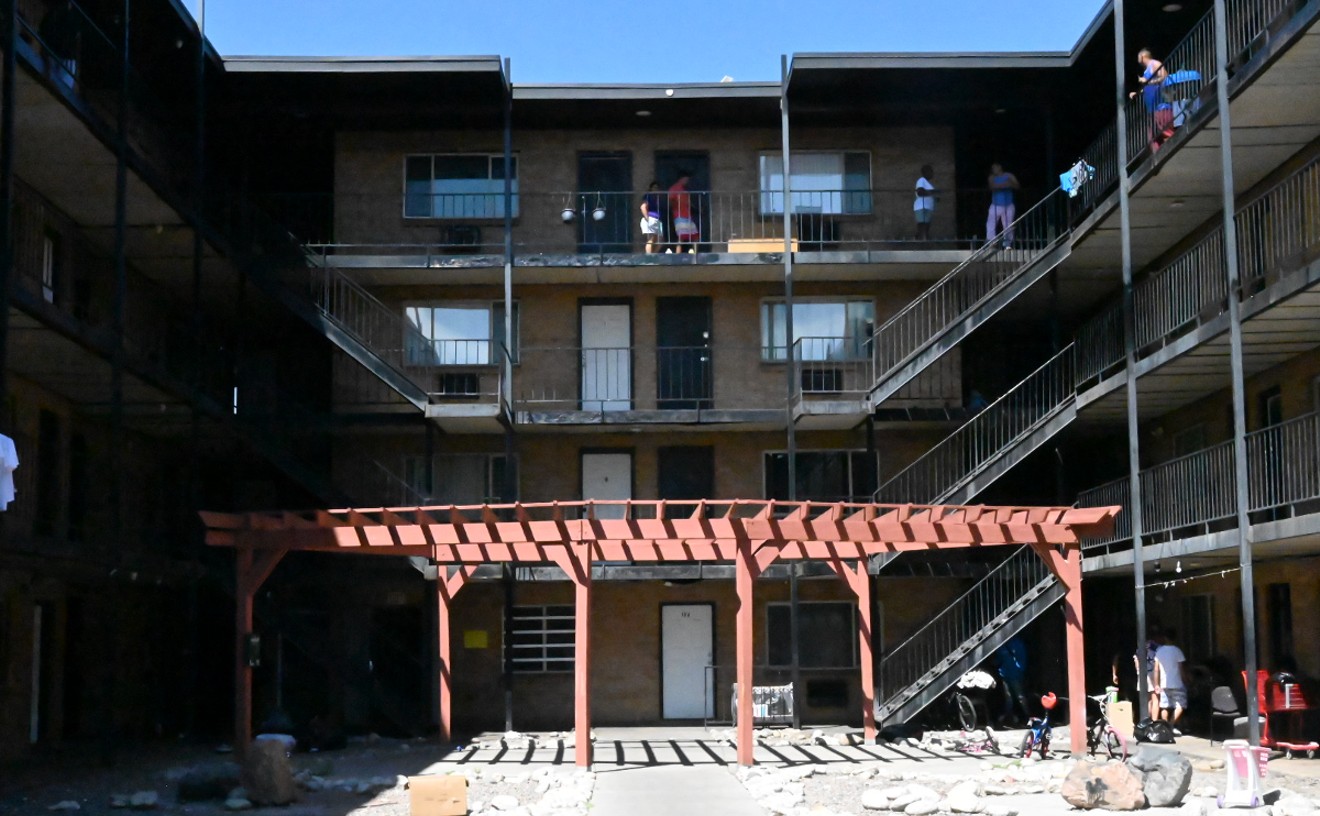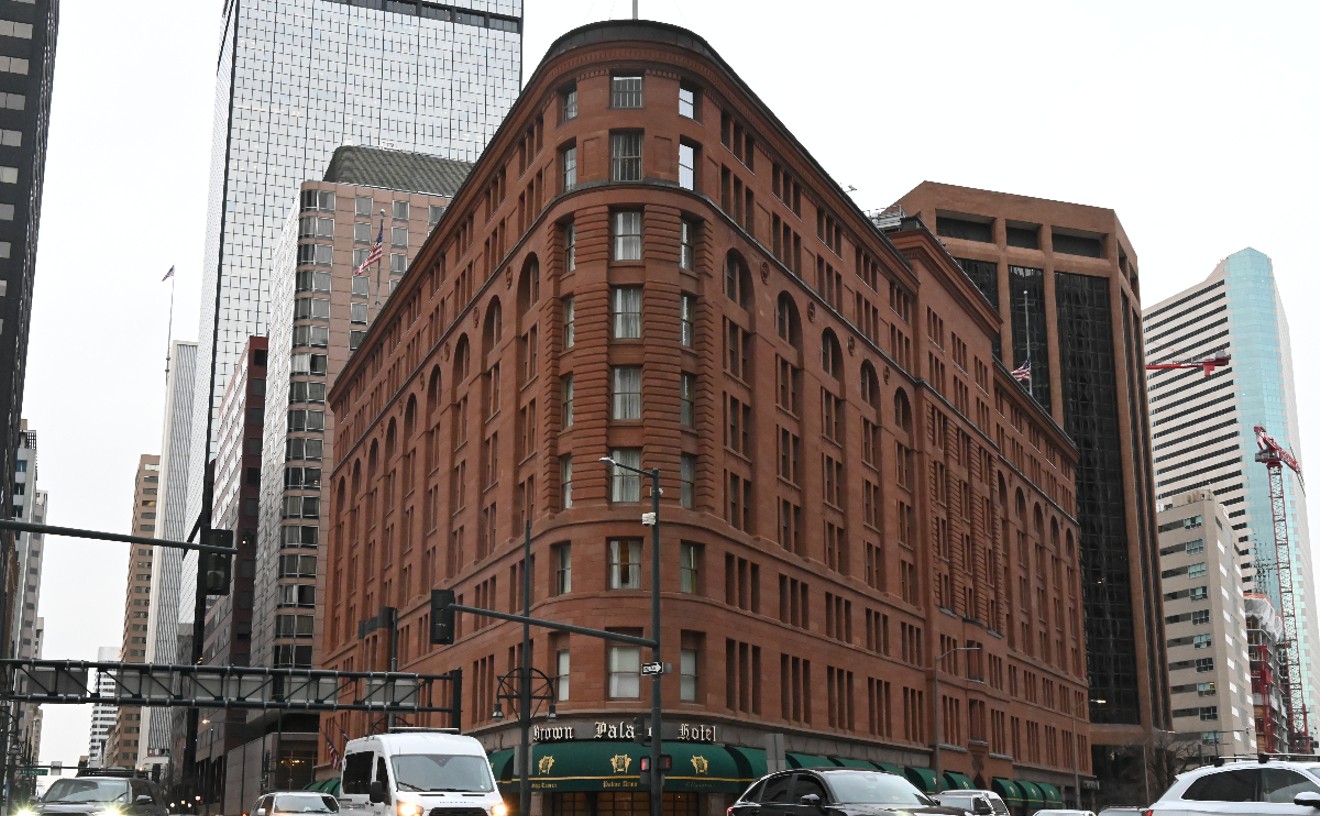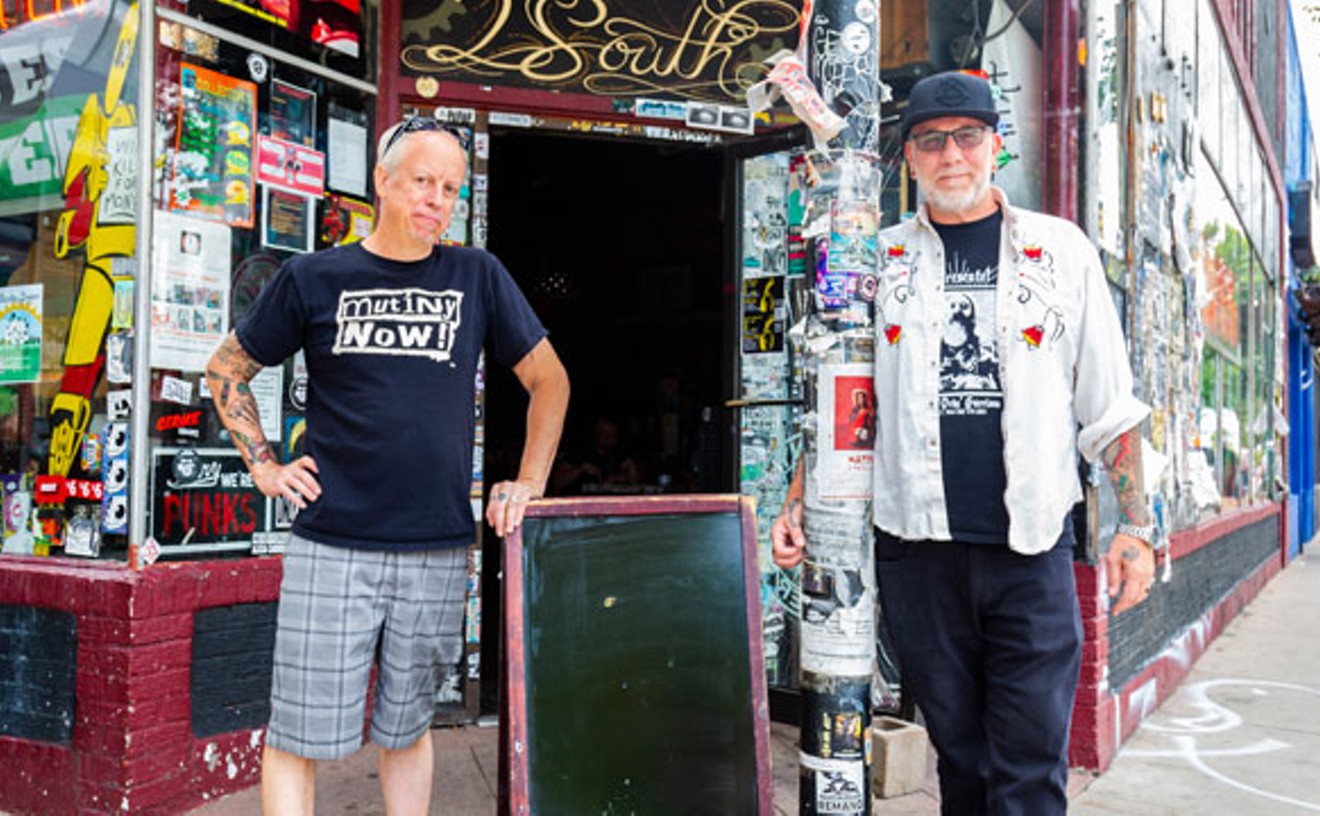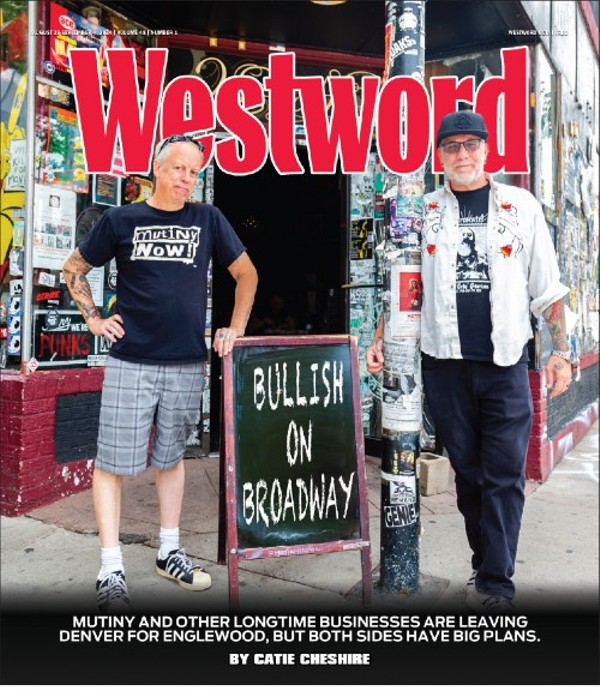As she helped lead an effort to overhaul oil and gas regulations at the Capitol earlier this year, it wasn’t lost on Representative Yadira Caraveo, a Democrat from Thornton, that the environmental hazards experienced by Front Range suburbs impacted by fossil-fuel development in recent years were similar to those that had plagued many lower-income, predominantly Latino neighborhoods in Denver for decades. Colorado’s Latino community is used to being ignored.
“When these issues were only affecting places like Commerce City, they were not on the radar of other communities,” says Caraveo, a pediatrician and a lead sponsor of Senate Bill 181, the long-awaited oil and gas reform bill enacted by Colorado Democrats in April. “Now that they’re encroaching on communities that are more well-off, it’s a much bigger issue.”
The history of environmental contamination in north Denver neighborhoods like Globeville and Elyria-Swansea stretches back more than a century, to the gilded age of smelting plants that spewed arsenic, lead and other hazardous chemicals into the air, water and soil nearby. Today these “fenceline” communities, along with neighboring areas in Commerce City, Thornton and unincorporated Adams County, lie in the shadow of major industrial facilities like the Suncor oil refinery, one of the state’s largest stationary sources of air pollution. Residents still suffer from elevated levels of asthma and other health problems.
This toxic legacy is a textbook example of environmental racism, activists say — and as a new wave of organizing around climate and environmental issues reshapes politics from Denver City Council chambers to the 2020 presidential debate stage, Latino activists are determined to be a big part of the conversation.
“I don’t think you can be talking about climate change without talking about environmental justice,” says Ean Tafoya, a Denver activist with the group Green Latinos. “I don’t think we can be talking about the solutions unless our people are included, especially because our people are being made the most sick.”
Climate change is a global problem, but it’s wrapped up in many of the same local pollution issues that north Denver has been dealing with for decades. The Suncor refinery, along with the tens of thousands of cars that travel the expanding Interstate 70 every day, are part of the fossil-fuel infrastructure driving greenhouse gas emissions around the world.
And these communities aren’t just on the front line of the industrial causes of climate change; they’re also some of the first to be dealing with its effects. Studies have shown that rising temperatures are leading to higher levels of ozone pollution, which forms in the air above cities on hot, sunny days, especially in heavily industrial areas like north Denver and Commerce City.
But urban areas aren't the only places in Colorado where Latino environmental activists want to make an impact. Miguel Ceballos, mobilization manager for Protégete, an initiative of Conservation Colorado, says his group has hired organizers in both Pueblo and Weld County, a rural oil- and gas-producing region that has dealt with environmental issues of its own.
"What we find is that time and time again, Latinos are ready to take bold action to protect our environment, regardless of where they are," Ceballos says. "Out in the agricultural areas, such as Pueblo, what we start talking about is that the green chile that we all love is actually under threat because of climate change. Because if we don't have the snowpack and the water in the Arkansas River, that crop might not go on for much longer.
"Communities understand that our natural resources are strained, that the water and the temperatures are affecting our livelihoods," he adds. "People do care about these things throughout the state."
Following the release of a dire report by scientists with the U.N.'s Intergovernmental Panel on Climate Change in October 2018, climate activism has taken on a new urgency. Sit-ins and protests in the halls of Congress led by the Sunrise Movement, a youth activist group, helped lead to the creation of the House Select Committee on the Climate Crisis earlier this year, while demonstrators with Extinction Rebellion have staged traffic disruptions and other nonviolent protests in cities around the world. Last month, more than four million people participated in a Climate Strike event timed to coincide with a U.N. summit in New York, part of the Fridays for Future movement pioneered by sixteen-year-old Swedish activist Greta Thunberg.
Here in Colorado, climate-strike events have been led by a broad coalition of environmental and community activist groups, including the International Indigenous Youth Council, 350 Colorado, the Sunrise Movement and more. But at times, Latino activists say, it's been a struggle to be included in the climate movement forming in Colorado and beyond.
"I think it's a systemic problem," Tafoya says. "The only way it's going to be mitigated is by educating and working with the groups that are already doing this environmental work. And I think it's just time. We're the fastest-growing minority population in the country."
While Colorado activists demonstrated during a "Climate Strike Action Week" last month, Tafoya and other Green Latinos activists traveled to Washington, D.C., meeting with members of Colorado’s congressional delegation to discuss issues like clean-air regulations, water conservation and more. The trip was mostly positive, he says, but he and other activists point to Senator Cory Gardner, the first-term Republican who faces an uphill battle for re-election next year, as one politician who has been especially unresponsive to their community's concerns.
"He's definitely been hiding from the Latinx community because he knows he'll get a lot of pushback on his votes," says Ceballos, who points to Gardner's support for many of the rollbacks of clean-air rules and other environmental regulations overseen by the Trump administration. "He still has time to step up and correct course, and if he really cared about our communities, that's what he would do. But he hasn't shown any interest in doing so."
For now, activists are working to make progress on climate and environmental issues at a more local level. Tafoya helped lead Resilient Denver, the successful effort to put a proposition to fund a new climate-action office through an energy tax on the city's 2020 ballot, and a new legislative session at the State Capitol will begin in January.
“Last year was a first step,” says Caraveo. “We need to continue to include more communities who for a long time haven’t spoken out on this issue, and to realize that climate change and climate issues are only going to continue to affect our health.”

Audio By Carbonatix
[
{
"name": "Air - MediumRectangle - Inline Content - Mobile Display Size",
"component": "12017618",
"insertPoint": "2",
"requiredCountToDisplay": "2",
"watchElement": ".fdn-content-body",
"astAdList": [
{
"adType": "rectangle",
"displayTargets": "mobile"
}
]
},{
"name": "Editor Picks",
"component": "17242653",
"insertPoint": "4",
"requiredCountToDisplay": "1",
"watchElement": ".fdn-content-body",
"astAdList": [
{
"adType": "rectangle",
"displayTargets": "desktop|tablet"
},{
"adType": "rectangle",
"displayTargets": "desktop|tablet|mobile"
}
]
},{
"name": "Inline Links",
"component": "18838239",
"insertPoint": "8th",
"startingPoint": 8,
"requiredCountToDisplay": "7",
"maxInsertions": 25
},{
"name": "Air - MediumRectangle - Combo - Inline Content",
"component": "17261320",
"insertPoint": "8th",
"startingPoint": 8,
"requiredCountToDisplay": "7",
"maxInsertions": 25,
"watchElement": ".fdn-content-body",
"astAdList": [
{
"adType": "rectangle",
"displayTargets": "desktop|tablet"
},{
"adType": "rectangle",
"displayTargets": "desktop|tablet|mobile"
}
]
},{
"name": "Inline Links",
"component": "18838239",
"insertPoint": "8th",
"startingPoint": 12,
"requiredCountToDisplay": "11",
"maxInsertions": 25
},{
"name": "Air - Leaderboard Tower - Combo - Inline Content",
"component": "17261321",
"insertPoint": "8th",
"startingPoint": 12,
"requiredCountToDisplay": "11",
"maxInsertions": 25,
"watchElement": ".fdn-content-body",
"astAdList": [
{
"adType": "leaderboardInlineContent",
"displayTargets": "desktop|tablet"
},{
"adType": "tower",
"displayTargets": "mobile"
}
]
}
]

